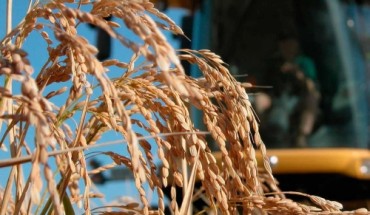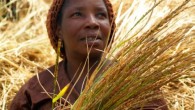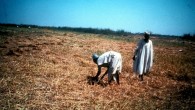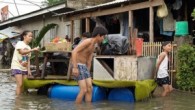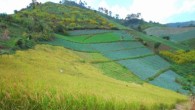As long as there’s enough water to grow rice, Australia’s highly efficient rice industry achieves some of the highest yields in the world. (Photos: Ricegrowers’ Association of Australia) Reporting the impact of an 8-year drought on rice production is a strange caper, I thought, as the wheels...
To some, this new rice variety could be a time-saver. But to most people struggling to make ends meet, “no cook” rice is a life-saver. In early September 2009, the world got wind of the news that Indian scientists had developed a new rice variety that does not require fire to cook. It simply needs to be soaked in water and “voilà!” the rice is...

